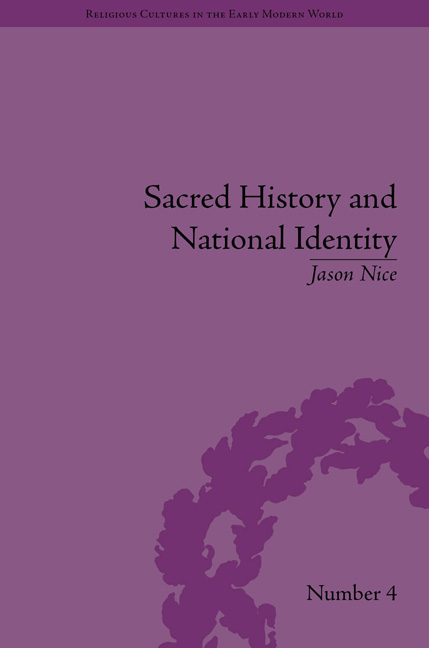4 - Wales
Summary
Awake thou noble Welshman, my dear and fond brother in Jesus Christ … Remember the times of old, enquire of your forefathers, search their history, you who were once honorable and worthy of great privileges.
Richard Davies, Llythyr at y Cymry [Letter to the Welsh] (1567)The Reformation in Wales elicited mixed reactions and shaped Welsh ecclesiastical history and antiquarianism in the early modern period. The people of Wales were generally hostile to the split from Rome, and their sentiments resound in cwdidau (religious free verse) composed in reaction to the Edwardine Reformation. Siôn Brwynog, for example, lamented the sensory deprivations of the new faith in a poem composed in Welsh:
The bleakness of our times,
With churches cold as ice.
Was it not a bitter blow to have
Cast down altars in a day or two?
There is no wax in the world,
Nor a single candle in any chancel
For a moment to make us whole.
Many Welshmen despised the new faith, not least due to the Welsh ignorance and abhorrence of the English language present in the imposed Bible and Book of Common Prayer. Another poet, Tomas ap Ieuan ap Rhys, emerged as the foremost defender of traditional worship, and his poetry considered Protestantism and England as two sides of the same evil coin, explaining, ‘We have been turned by the faith of the English, / and our hearts will never return to their rightful place’. The Protestant community of early modern Wales believed that their countrymen did not resist reform on doctrinal grounds, but rather because English theologians and lawmakers foisted the new religion upon them as a ffydd Saeson [English faith]. Protestant intellectuals viewed the problem in terms of language, and several important Welsh humanists successfully convinced Queen Elizabeth of the urgent necessity of providing scriptural and liturgical translations in Welsh. Richard Davies, William Salesbury, Thomas Huet and William Morgan translated the Bible in successive increments from the 1550s through the 1580s. However, other érudits framed the problem of the stigmatized ffydd Saeson in terms of Welsh and English history, and set out to show that the actual ffydd Saeson was Catholicism, rather than Edwardine Protestantism.
- Type
- Chapter
- Information
- Sacred History and National IdentityComparisons Between Early Modern Wales and Brittany, pp. 77 - 96Publisher: Pickering & ChattoFirst published in: 2014



